Photo Credit: Nata Luna Sans
During the last semester of 2015, students at Southeast Missouri State University and the University of the Americas (UDLA) in Quito, Ecuador, communicated through Skype with the hopes of improving language skills and developing friendships.
For a two-month period, the students talked once a week, outside of class, for 30 minutes. They split the session in half – talking in Spanish for one part and English for the rest. First, the conversation was focused on light topics such as food, music, movies, etc. As the relationships developed further, everyone became more confident and comfortable with the language. Eventually, the sessions became longer and covered more serious subjects such as health care, family, and current events.
The students felt relaxed with their new friends. They realized that it was normal to make mistakes, and that their partner would help them find the right words. They even learned slang expressions. By the end of the program, the students’ mastery of the other language had seen marked improvement. As well, they could converse easily with students from another country.
Of course, this example is about a student program. The goal behind this initiative, however, is similar to the desired outcome for people of any age who want to learn a new language for an upcoming move. Such interactions bring a language to life, and better communication skills mean more confidence about travel.
No doubt, there are online opportunities to connect with reputable sources for working on speech and comprehension. You can even find websites which will send you daily emails with Spanish vocabulary.
Even having minimal knowledge of Spanish before traveling to Ecuador will serve you well. Actually, taking the time beforehand to learn even a few basic expressions is a sign of respect for your new home. You cannot expect a culture to change for you, and often locals will not be familiar with a strange language.
Yet there are places in Ecuador in which the locals are fluent in English. For example, Cuenca has English-language bookstores and store owners who can assist non-Spanish-speaking travelers and new residents. As well, the city has several English-speaking dentists and doctors.
Learning to speak Spanish, however, allows you to blend more easily into this new culture. You will feel like less of an outsider if you can communicate with the locals in their own language. Certain cities (including Cuenca and Quito) have Spanish schools or offer university courses in Spanish for expats.
Obviously — just like the students in the program — be prepared to make mistakes. Most likely, though, a friendly Ecuadorian will be able to help you out with the faux-pas and steer you in the right direction. And an English/Spanish phrase book can be a valuable tool, especially during your first days in Ecuador.











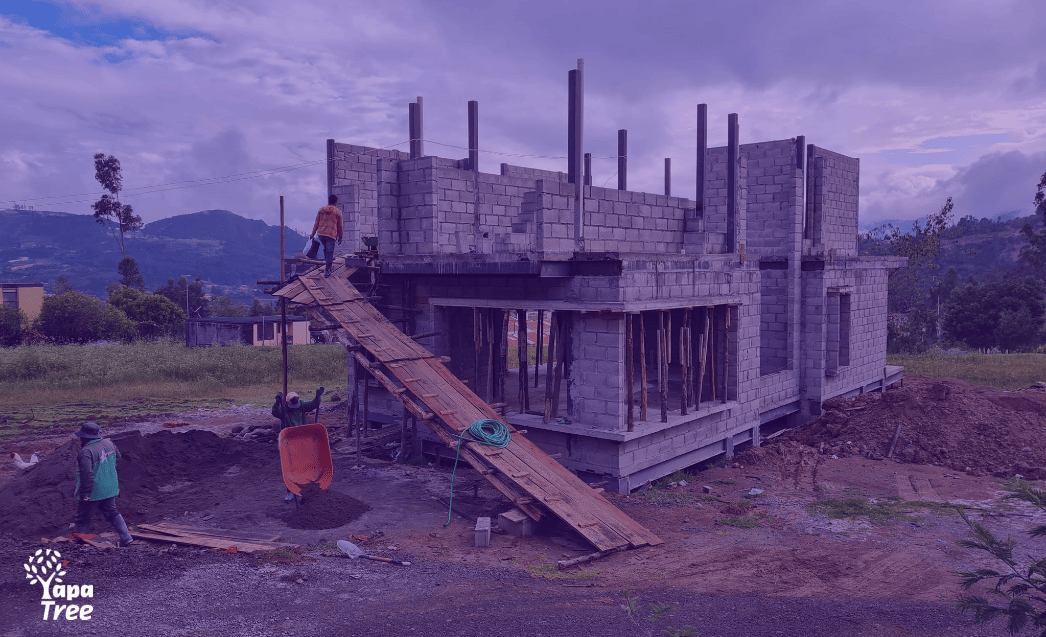

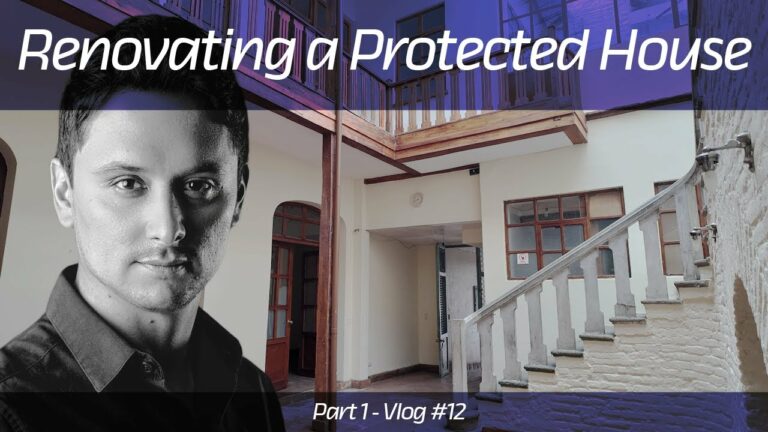

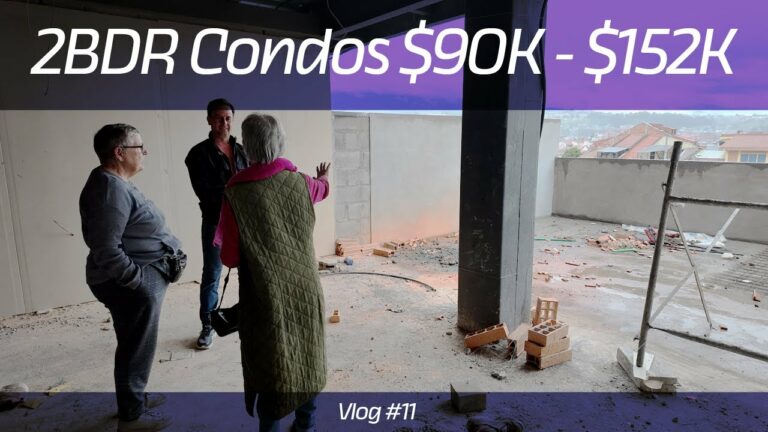

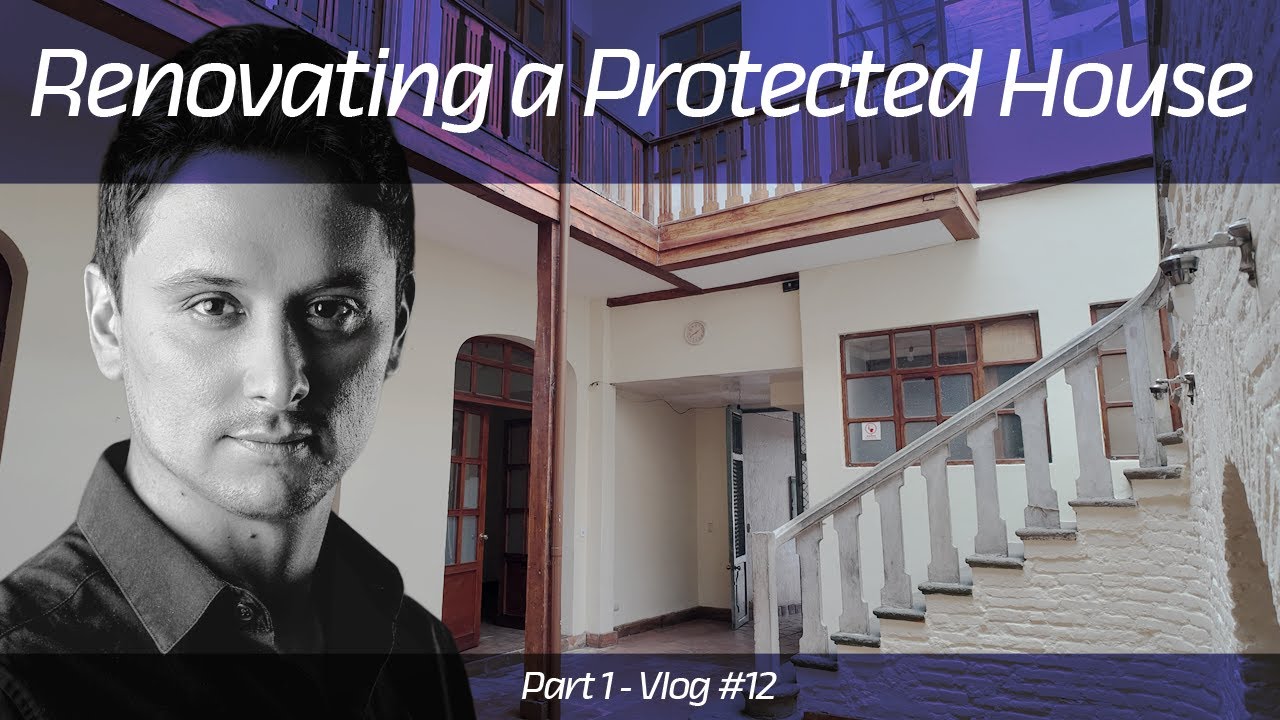

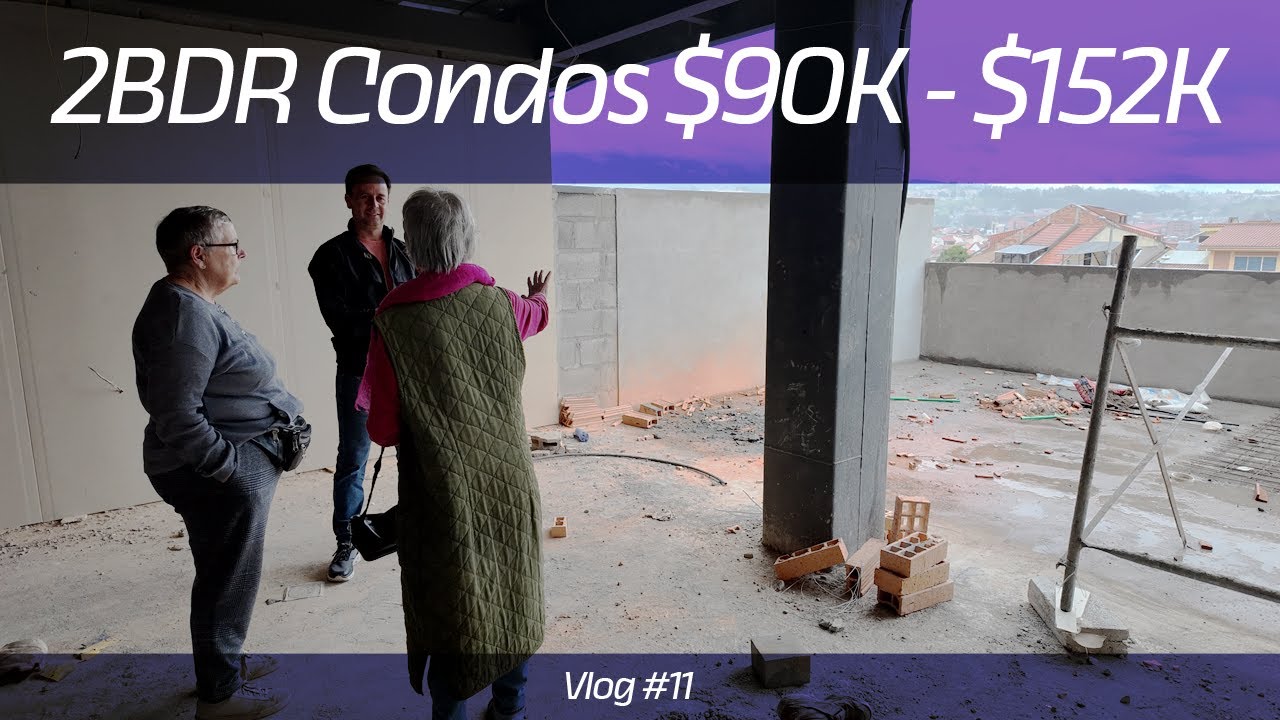
4 Responses
I am not taking Spanish classes. Whether to make great efforts to learn it is, in my opinion, a personal choice. I understand the consequences and am willing to take them. In my state (about 50% Hispanic) there were thousands of people who knew not one word of English and it was none of my business. I’ll hope at least some Ecuadorians feel the same.
Linda is right when she states that learning Spanish is a personal choice. She is wrong when she compares Ecuador to her state. In Ecuador it’s not even close to 50% gringos and much less than thousands of people who know not one word of Spanish. Non English speaking Hispanics get along in her state because they live in Spanish speaking communities where it’s not necessary to know English. Linda is right about hoping that Ecuadorians will feel that her not speaking Spanish is none of their business. They won’t feel threatened or be offended that she doesn’t want to learn their language. Most will just feel sad for her handicap and wonder why she wants to live in Ecuador in the first place.
I really do understand ALL the reasons you state. I have my personal reasons for not. I am perfectly happy living in a mostly English-speaking community…and choose to not go through the suffering and struggle it would take to learn Spanish. As I stated, (sorry to repeat), I grasp many of the consequences and am willing to accept that. Why did I come? Very simple. I was approaching my 70th birthday and still having to work for economic reasons. Although I don’t live a lavish lifestyle by any means, at least I don’ t have to leap out of bed and go to work every day. I want to enjoy what time I have left. Retirement in Cuenca was the only option and I am forever grateful for it.
The more you learn before you leave the more you will learn once here. A Language is a system that builds on itself.